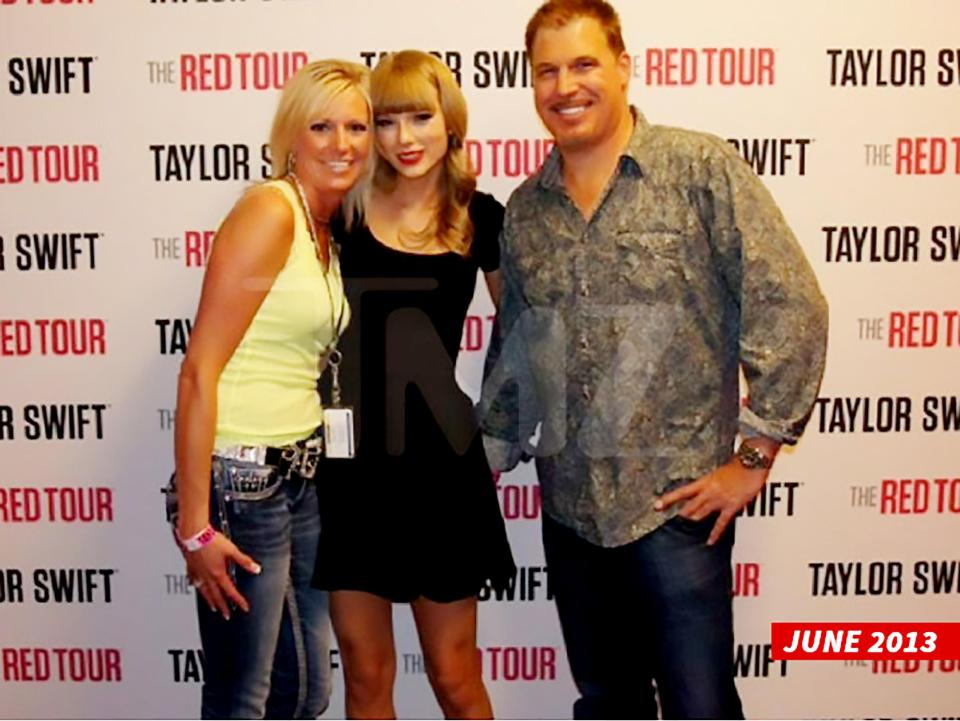Asses and asterisks
« previous post | next post »
When The Sun, a famously prurient UK tabloid newspaper, chose the headlines for its coverage of the Taylor Swift case in Denver, the editors made a curious choice. They used asterisk masking on the American English word ass ("buttocks area"), printing it as "a**" as if it would be unthinkably offensive for the readers to also see the "ss" (unless it were in a reference to a stupid person, or to the animal on which Jesus rode into Jerusalem, where the same letter sequence would be fine). But they did not do the same to the familiar British English 3-letter synonym bum (which has only the meaning "buttocks area" and never means "hobo" in British).
British English has a descendant of the same Old English root as ass, but it is spelled arse, and is pronounced [ɑːs] rather than [æːs]. British arse is considered just as coarse as American ass, but The Sun has printed it thousands of times (try the Google search: {arse site:www.thesun.co.uk}). Quoting ass couldn't possibly be judged gratuitous, as it was uttered in court many times during the legal proceedings being reported.
What this says to me is that the idea of asterisk masking for taboo words is an incoherent mess even in the practice of those who favor it.
In this, I agree with Geoff Nunberg's argument against asterisk masking in his Language Log post "Unmasking slurs." The points on which Nunberg and I have publicly disagreed relate to how much the sheer offensiveness of slur words leaks out of contexts like idiomatic phrases and sports teams names, and the political implications of the continued use of such expressions. Those disagreements are mild, at least at my end: I would be absolutely delighted if phrases like nigger in the woodpile died out, and if the Washington Redskins changed their stupid name. Roll on the day. Nunberg and I don't differ on matters like opposing racism, or on whether word taboo is a productive form of political action (the goal, surely, is to eliminate racism from modern society, not merely to bar certain lexemes from being pronounced or printed).
Allow me to append one short digression, inspired by my friend Ben Yagoda, who recently discussed Donald Trump's strangely colloquial threatening talk ("North Korea best not make any more threats" etc.) and then expressed a worry that "dissecting Trump's linguistic choices when he is lobbing nuclear threats can seem a little like positioning a Titanic deck chair so it gets more sun." In exactly the same way, I do worry that it seems trivial to note the dialect difference and masking policy asymmetry involving ass, bum, and arse when the nonlinguistic issues in the Taylor Swift case are so hugely important.
A famous, business-savvy multi-millionaire is subjected to an indecent assault by a drunken DJ in public — in front of cameras, so she has a photo of it happening. She reports the incident immediately, and the groper is ejected from the event and later fired from his job as a DJ at KYGO-FM. Some time later he sues her for $3 million on the grounds that she cost him his job, and she has to endure more than an hour in the witness box having her credibility impugned.
If even a woman with Taylor Swift's courage, wealth, support, and strength of case has to face such a prospect, just imagine how daunting it is for the average woman faced with the task of prosecuting the average groper.
The picture of the event, by the way, is so damning that the judge in Denver sealed it to prevent the US press publishing it, but The Sun got hold of it. Does it show the grinning David Mueller's hand down behind Taylor Swift's nether regions? Is she twisting awkwardly away, trapped between him and his girlfriend but trying to continue smiling for the photo op? You decide:
Small wonder if some women are driven to extralegal shortcuts. I'm irresistibly reminded of a story about my inimitable late wife Tricia. She was six foot tall, with the strong arms of a rock climber. She told me that one working day decades ago, when she was in her twenties, coming out of the railway station at Hull in England on her way to her work as a computer expert at an engineering firm, she was waiting for the light to change at a crowded pedestrian crossing when a man beside her reached down and gave her butt a furtive grope. Without an instant's hesitation she pulled away, screamed "Don't do that!", and swung her fist instinctively at his head.
She had not fully thought through the implications of the fact that in that fist she was holding the handle of one of those old-fashioned hard-sided lockable briefcases with the metal strip round the edge. It hit him full in the face. The other commuters waiting at the crossing stared in horror.
"This dirty bastard grabbed my arse!" Tricia told them indignantly. Then the lights changed and everyone started out across the road. The groper, with blood streaming down his face, made no attempt to contest the charge but simply ran away into the crowd until he was lost from sight.
Taylor Swift has very properly chosen the legal route rather than smashing her assailant in the face, and is asking $1 in damages for the assault against her. At the time of writing, the judge has thrown out Mueller's absurd $3m suit against her, but the jury has yet to rule on whether she gets her dollar for being assaulted. I'm on her side. I hope her story (and Tricia's too, frankly) will be an inspiration to the millions of women everywhere who suffer daily harassment and occasional physical assault.
Update, August 15: The jury deliberated four hours and then rejected Mueller's claims and awarded Taylor Swift damages in the amount she had requested, $1.
